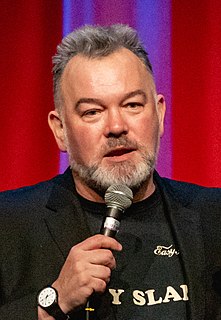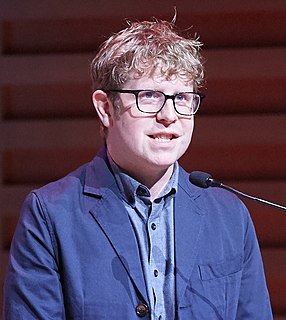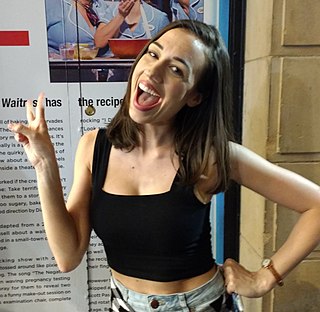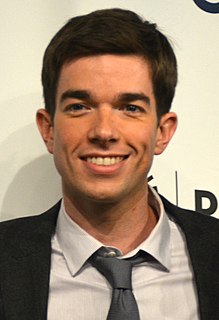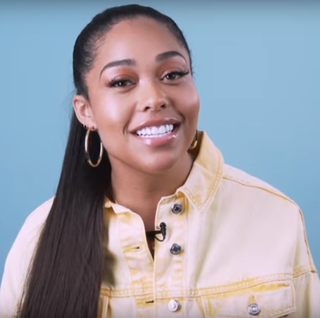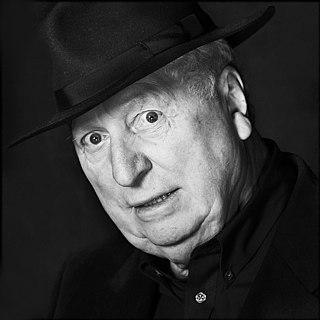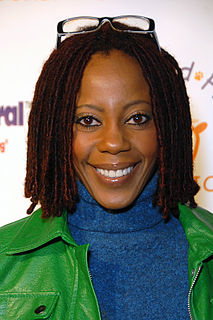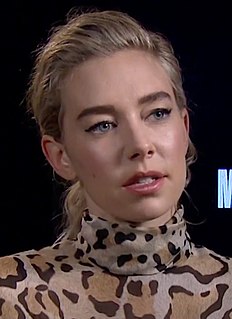A Quote by Stewart Lee
I wasn't the classic comedy type; I wasn't bullied or extrovert. I was more the ambitious literary one who wanted to write clever little plays.
Related Quotes
I went to Dartmouth College so simply by being an Indian-American woman, I was already so statistically interesting. And then the fact that I didn't want to do anything science-related, and I wanted to write comedy plays and act little bit - I mean, I became deeply interesting in college because of how rare that was.
Comedy is lively, comedy is joy, and that's what keeps us [people] going, we've got to look forward to little, little happiness's. Little, little joys, and comedy is very, very important, it's a vital. We underestimate its value, but we should see more comedies. Comedy is life giving, it's invigorating. I really believe it.
